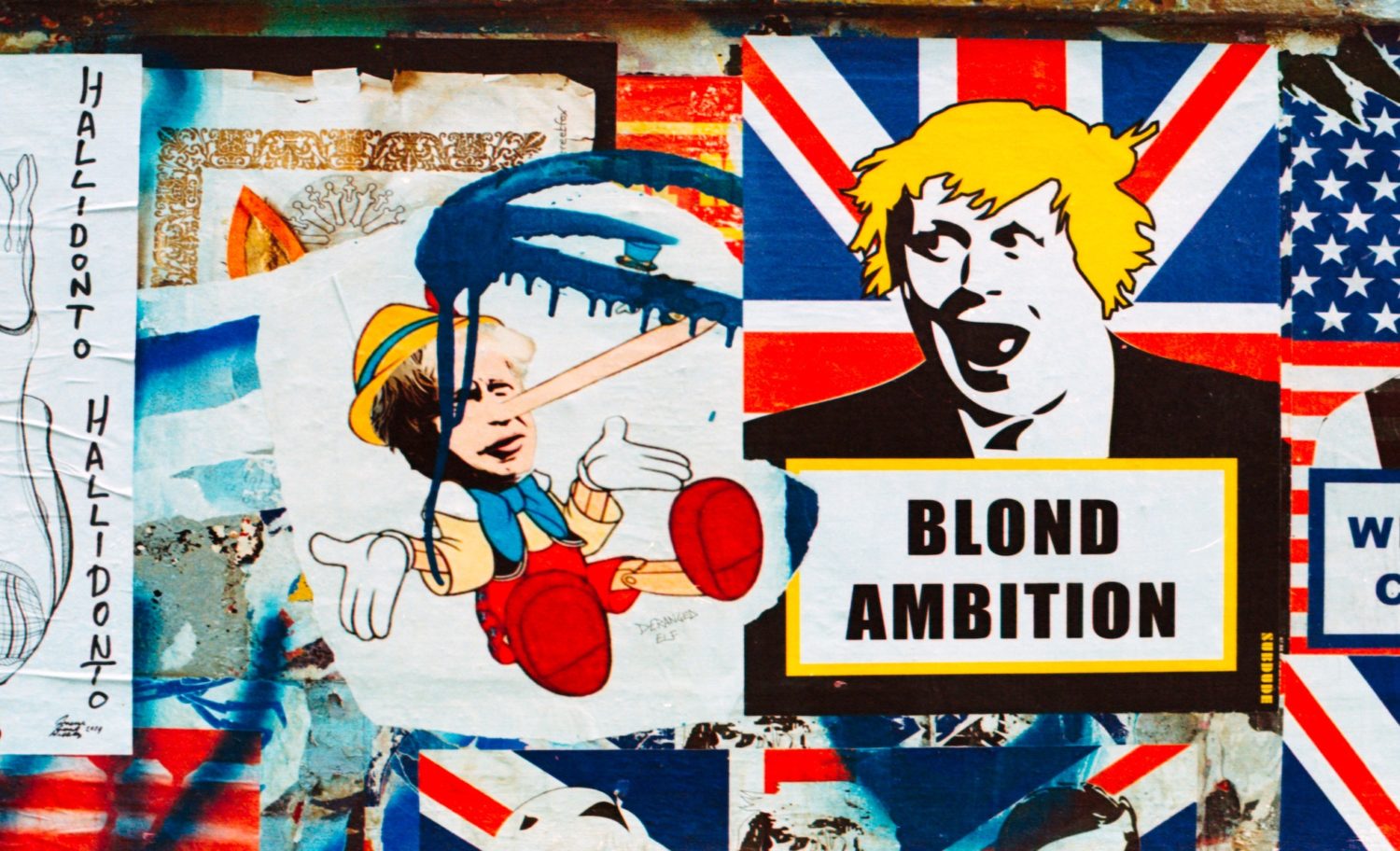The party’s over
In the wake of ‘partygate’, it is time for parliament to clean up its act, argues Hannah White
The parlous state of trust in British politics is hardly a new phenomenon. But ‘partygate’ – the latest in the series of scandals engulfing Boris Johnson and the Conservative party – cut through to the public in a way that few previous scandals have. Indeed, before Russia’s invasion of Ukraine, it looked as if it could bring the prime minister down, and it remains unclear whether the war will temporarily or permanently relieve the intense pressure the scandal has placed on Johnson’s premiership.
The public’s outrage focused on the series of lockdown-breaking gatherings held by Johnson and others working at the centre of government. But sadly these events are just the latest examples of inappropriate behaviour by MPs who believe there should be one set of rules for them, and another for the rest of us. As I argue in my new book, the exceptionalist attitude of too many MPs is a longstanding problem afflicting the House of Commons. It damages its reputation, undermines the work of MPs and distances them from their constituents.
In some ways it is understandable that MPs think they are special. Certain rules do not apply to them for very good reason. Freedom of speech in parliament, for example, allows MPs to speak up about important issues and to challenge the government without fear of legal action being taken against them. But there are limits to how MPs should make use of this ‘privilege’. For example, freedom of speech should not be misused simply to score political points against opponents, as the prime minister did by wrongly accusing Keir Starmer of failing to prosecute Jimmy Savile during his time as director of public prosecutions.
Another reason that MPs feel exceptional is because the House of Commons benefits from an ancient right to govern itself. This ‘exclusive cognisance’ is an important safeguard against an over-mighty monarch or government trying to circumscribe parliament’s activity or powers. But the scope of this right to self-governance has sometimes been misunderstood or even wilfully misinterpreted. Over time the boundaries of this privilege have been drawn ever more tightly, as MPs have reluctantly acknowledged that there is no good reason they should retain responsibility for adjudicating on electoral law, for administering their own expenses, for setting their own salaries and pensions or for determining claims of bullying or harassment made against their colleagues. Unfortunately none of these concessions were made willingly – all happened only after a serious scandal which forced parliamentarians to recognise the limits of their ‘specialness’.
So what consequences should flow from partygate? Any legal or political penalties will be determined by Metropolitan police and Conservative MPs. But what lessons should MPs take from partygate for the House of Commons itself?
MPs must recognise that the privileges attached to their position are designed to facilitate the parliamentary process not to enhance their personal status. Just because MPs have been elected to parliament does not mean that the rules they have designed for others do not apply to them.
Indeed MPs should acknowledge the particularly damaging impact on public trust in politics because of the spectacle of rules being flouted by the people who make them. The corollary of the unique power to make the law is the special responsibility to set an example by following it. Rather than setting the House of Commons up as an exception, MPs should strive to establish the institution as an exemplar.
But this recognition of responsibility is only the minimum needed to increase public trust in the House of Commons. MPs must begin by recognising that the House of Commons is not their own private club but an institution that belongs to their constituents. They should make decisions about the House of Commons in the best interests of the public, rather than for their own comfort and convenience.
Essential changes should include making parliamentary language and procedures easier to understand – so that citizens can comprehend what MPs are doing in their name – as well as making parliament a more welcoming environment that is more accessible to the public. And more must be done to make election to the House of Commons an attractive proposition for a diverse set of prospective MPs so that the elected House becomes more descriptively representative of the UK population.
The House of Commons is held in contempt by the public, but it need not be. Just as confidence in politics has been gradually eroded by the steady drip of scandal and misbehaviour, so it must be re-established by the accretion of small steps designed in the interests of the public. These changes will not dissipate the public’s contempt for the House of Commons overnight, but it is nonetheless the responsibility of all MPs to take them.

